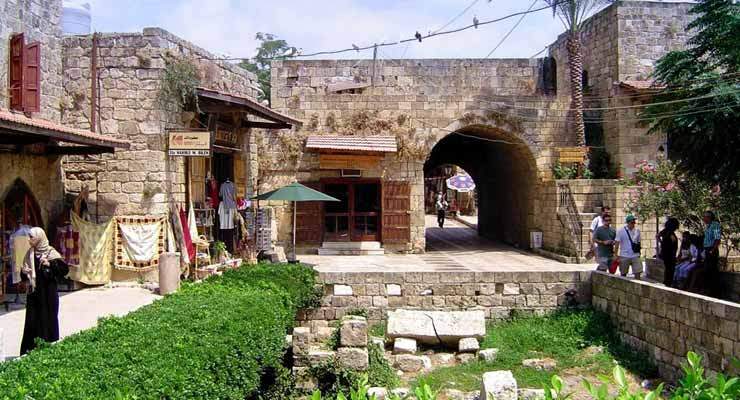to say the least, did not serve as the best promotional tools for the country, Lebanon managed to not only maintain but slightly improve its hotel performance levels with gross operating profit per available room for the first nine months of the year surging a whopping 142.4 percent to USD37.11, boosted by a 16.1 percent rise in average room rate to USD160.53 and a 30.2 percent growth in RevPAR to USD93.27, data compiled by HotStats showed.
According to Hala Massaad, general manager, Raouché Arjaan by Rotana, the change was mainly witnessed in average spending, both in the hotel as well as in the destination in general, thus, the management shifted its focus to increasing occupancy.
Last minute business is another emerging trend, which has become evident and gradually more dominant in the past two years, Joyce Mouawad, head of marketing, Le Royal Hotels & Resorts, noted.
“We cannot forecast anymore and it is becoming very hectic. We used to prepare the budgets for the new year in June while for the time being, we are preparing it in November,” explained Mouawad, saying that this change requires hotels to be ready for any situation, otherwise, they might lose business.
Pasquale Baiguera, general manager, Mövenpick Hotel Beirut, attributed the positive development partially to the booming summer season with various national and international festivals across the country. Such events, as Baiguera said, can help showcase the country’s real face to the world benefitting the industry for years to come.
Yet, as Peter Edholm, cluster director, sales and marketing, InterContinental Phoenicia Hotel and InterContinental Le Vendôme Beirut, noted, the recent waste management problem and demonstrations have given the country a negative image, especially in the Gulf countries, hence the slowdown in arrivals from within the region. Europeans, however, protest or go on strikes on a regular basis although these events receive less negative media coverage ergo why demand from these markets remained less affected.
As Elizabeth Shahinian, marketing and communications executive, Monroe Hotel, explained, several Gulf countries have imposed travel bans on Lebanon, thus, hoteliers have turned to other regions to make up for the losses.
In fact, according to Global Blue’s report, in 2014, the largest spending in Lebanon emanated from Saudis, UAE nationals and Kuwaitis, these big spenders, however, are no longer the main markets for the country and Emiratis for example only made up two percent of the total arrivals versus five percent in 2010, while the share of those from Saudi Arabia dropped from 21 percent in 2010 to 10 percent in 2014.
Nevertheless, during the same timeframe double-digit growth was witnessed from Iraq, contributing to the reshuffling of the destination’s previous market segments.
“The nationality mix has changed in Beirut,” admitted Baiguera. “At the moment, the markets we see with high potential are Jordan, Iraq and Syria.”
Raouché Arjaan by Rotana’s sales team has also been particularly active in countries such as Jordan, Egypt and Iraq, Massaad revealed, and similarly, Grauel listed Arab non-GCC countries among the property’s top guests, noting that playing the trump card of being a dry hotel has helped tremendously in attracting these travellers.
Likewise, Mohamad Zein, director of sales, Four Points by Sheraton Le Verdun, pinpointed Iraq and Turkey as the most promising segments, especially when it comes to MICE tourism, a niche that Lebanon is poised to exploit over the coming years.









